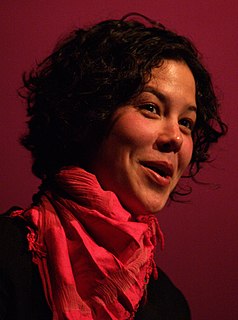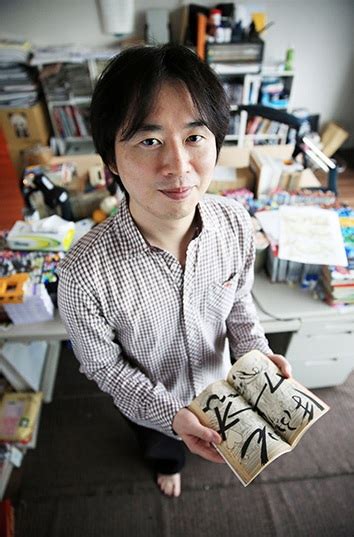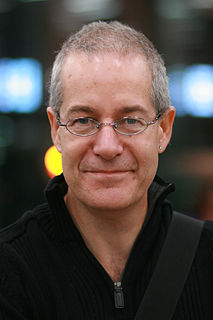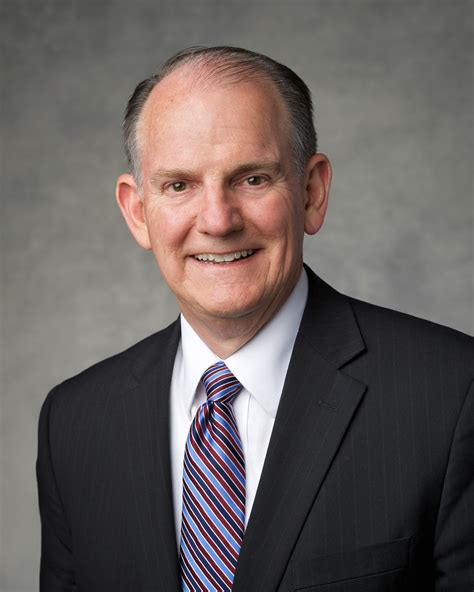A Quote by Severn Cullis-Suzuki
In school you teach us not to fight with others, to work things out, to respect others, to clean up our mess, not to hurt other creatures, to share, not be greedy. Then why do you go out and do the things you tell us not to do? You grownups say you love us, but I challenge you, please, to make your actions reflect your words.
Related Quotes
We all have direct experience with things that do or don't make us happy, we all have friends, therapists, cabdrivers, and talk-show hosts who tell us about things that will or won't make us happy, and yet, despite all this practice and all this coaching, our search for happiness often culminates in a stinky mess. We expect the next car, the next house, or the next promotion to make us happy even though the last ones didn't and even though others keep telling us that the next ones won't.
The quality of everything we do: our physical actions, our verbal actions, and even our mental actions, depends on our motivation. That's why it's important for us to examine our motivation in our day to day life. If we cultivate respect for others and our motivation is sincere, if we develop a genuine concern for others’ well-being, then all our actions will be positive.
Our sense of identity is in large measure conferred on us by others in the ways they treat or mistreat us, recognize or ignore us, praise us or punish us. Some people make us timid and shy; others elicit our sex appeal and dominance. In some groups we are made leaders, while in others we are reduced to being followers. We come to live up to or down to the expectations others have of us.
Love and ever more love is the only solution to every problem that comes up. If we love each other enough, we will bear with each other's faults and burdens. If we love enough, we are going to light that fire in the hearts of others. And it is love that will burn out the sins and hatreds that sadden us. It is love that will make us want to do great things for each other. No sacrifice and no suffering will then seem too much.
These are the things I learned: share everything, play fair. Don't hit people. Put things back where you found them. Clean up your own mess. Don't take things that aren't yours. Say you're sorry when you hurt somebody. Wash your hands before you eat. Warm cookies and cold milk are good for you. Live a balanced life. Learn some and think some and draw some and paint and sing and dance and play and work some every day. Take a nap every afternoon, and, when you go out into the world, watch for traffic, hold hands, and stick together.
There's only one why. You only have one why, and your why is fully formed by the time you're 17, 18 or 19years old, maybe even earlier. The rest of your life are simply opportunities to either live in or out of balance and the career choices we make and the decisions we make in our lives either put us in balance with our why, which makes us happy, fulfilled and inspired. Or it puts us out of our why, which makes us frustrated, stressed out and sometimes we fail.
We have this desire for everything to be explained to us. But if you go through your daily actions, very little ends up having a written-down explanation for why things happen, or why people do specific things. So it made sense to me to reflect the human condition that not every action has an explanation. We act, and then later maybe come to an understanding about it, or maybe not.
One of the things that adds tension to our lives is small frustrations. Losing car keys can give you a panic attack. Not being able to find a comb when you get out of the shower, losing scissors and nail clippers, can make you fight with your roommate. The problem is that we think that these things are not supposed to happen to us. And that's what makes us tense. We think we can avoid these frustrations by making ourselves and others be more careful. I like to take the opposite tack-to assume that these things are a part of life and that they will happen no matter what.
Loretta, I love you. Not like they told you love is, and I didn't know this either, but love don't make things nice - it ruins everything. It breaks your heart. It makes things a mess. We aren't here to make things perfect. The snowflakes are perfect. The stars are perfect. Not us. Not us! We are here to ruin ourselves and to break our hearts and love the wrong people and *die*. The storybooks are *bullshit*. Now I want you to come upstairs with me and *get* in my bed!
Playing the part of a charitable soul was only for those who were afraid of taking a stand in life. It is always far easier to have faith in your own goodness than to confront others and fight for your rights. It is always easier to hear an insult and not retaliate than have the courage to fight back against someone stronger than yourself; we can always say we're not hurt by the stones others throw at us, and it's only at night - when we're alone and our wife or our husband or our school friend is asleep - that we can silently grieve over our own cowardice.





































